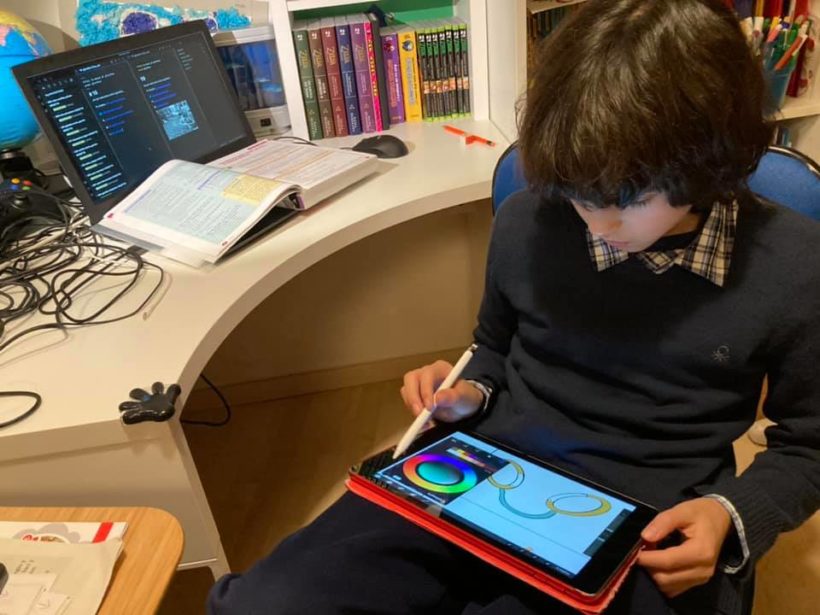On 11 January, the results of the Transition Test (PDT), the instrument used in Chile to determine university entrance, were released and, once again, it is clear that it doesn’t matter where you are born or where you study.
So far, only partial statistics are known, but it is already possible to draw broad conclusions regarding the performance of those who obtained national scores, the nature of their establishments and the type of institution.
The first thing that stands out is that the Metropolitan Region of Santiago continues to far exceed the percentage of national scores, reaching almost two out of three (64%), while the other fifteen regions only reach 36%, with the following distribution: 14 in Biobío; 10 in Valparaíso; 8 in O’Higgins; 7 in Araucanía; 7 in Maule; 6 in Antofagasta; 5 in Coquimbo; 4 in Los Lagos; 2 in Tarapacá; 2 in Los Ríos; 2 in Magallanes; and 1 in the Ñuble Region.
The average results of the 100 educational establishments with the highest scores at the national level show that 96 are private, 2 are subsidised and 2 are municipal. Inequality in education is evident when one notes that, of these 100, 40 are private and are located in Lo Barnechea, Las Condes, Vitacura, Providencia and La Reina.
The official report of the Undersecretary of Higher Education shows as a great achievement the decrease in the gap between scientific and humanistic (CH) and professional technical (TP) establishments, reaching an average difference of 71 points this year. However, this difference means that, on average, students coming from PT have a 15% disadvantage compared to those who studied in CH.
Chile is unequal from the cradle and there are no opportunities to level the playing field through education. When I make this assertion, I hear voices that contradict me by pointing to individual cases of people who have managed to overcome all the obstacles to overcome the socio-economic, cultural and territorial conditions in which they were born, raised and educated. It is true that there are such cases that are worthy of praise, but we must not forget that it is the responsibility of the state to provide quality education to all its citizens, so that children and young people can develop their full potential.
The state is failing in its role to provide equal educational opportunities. As in health, welfare and housing, only those who are able to pay for them have access to quality services. It is at this point that we must be able to apply critical thinking and differentiate between a right and a private good that is traded on the market.
We are facing a great challenge to address inequalities and make the structural changes necessary to ensure that children and young people make an intellectual and creative contribution to society, instead of being cheap labour “because they were born in the wrong place”. It is urgent to make progress on these issues, because the destiny of Chile is at stake in quality education, and today we are behind the curve.






